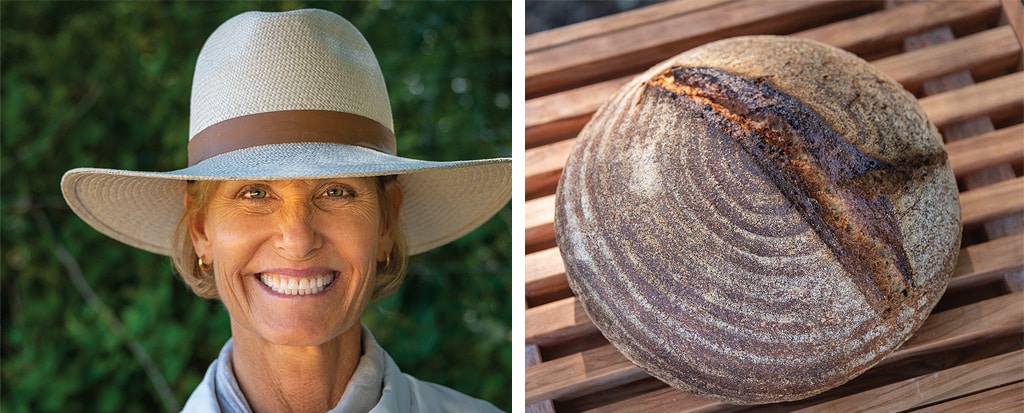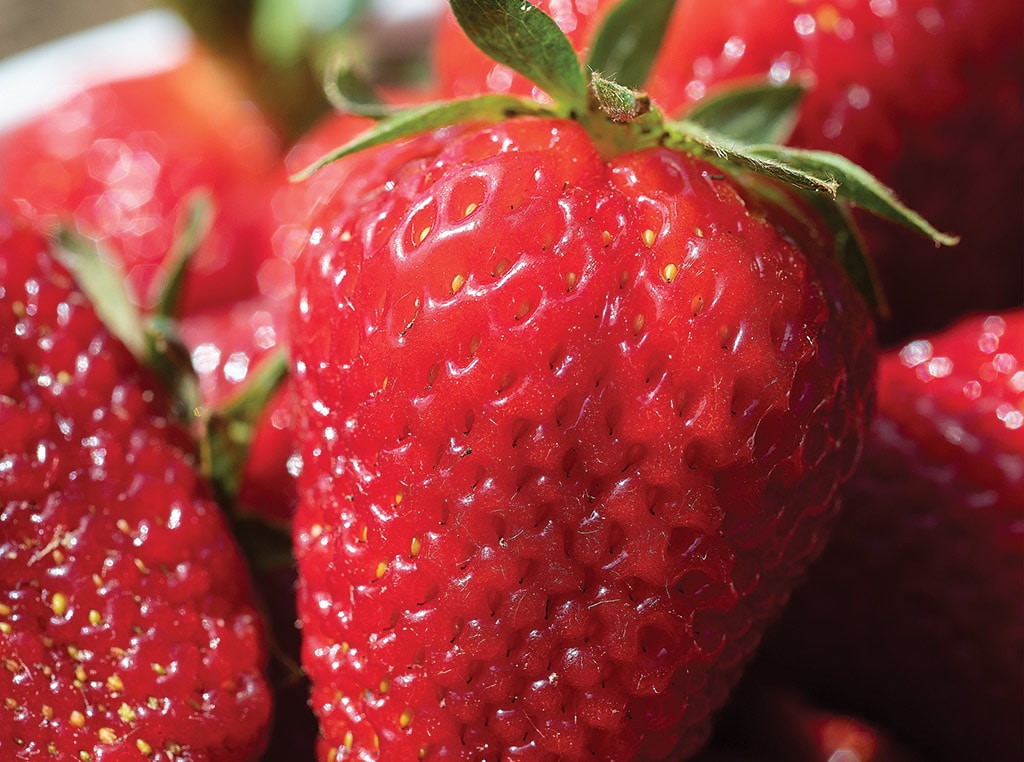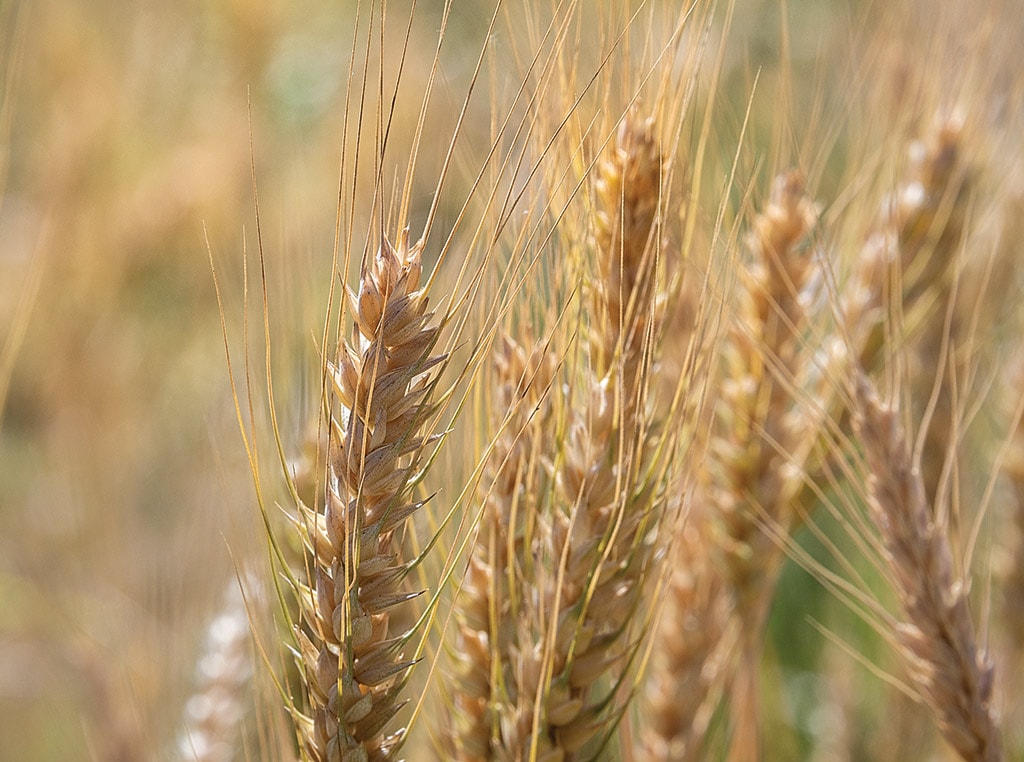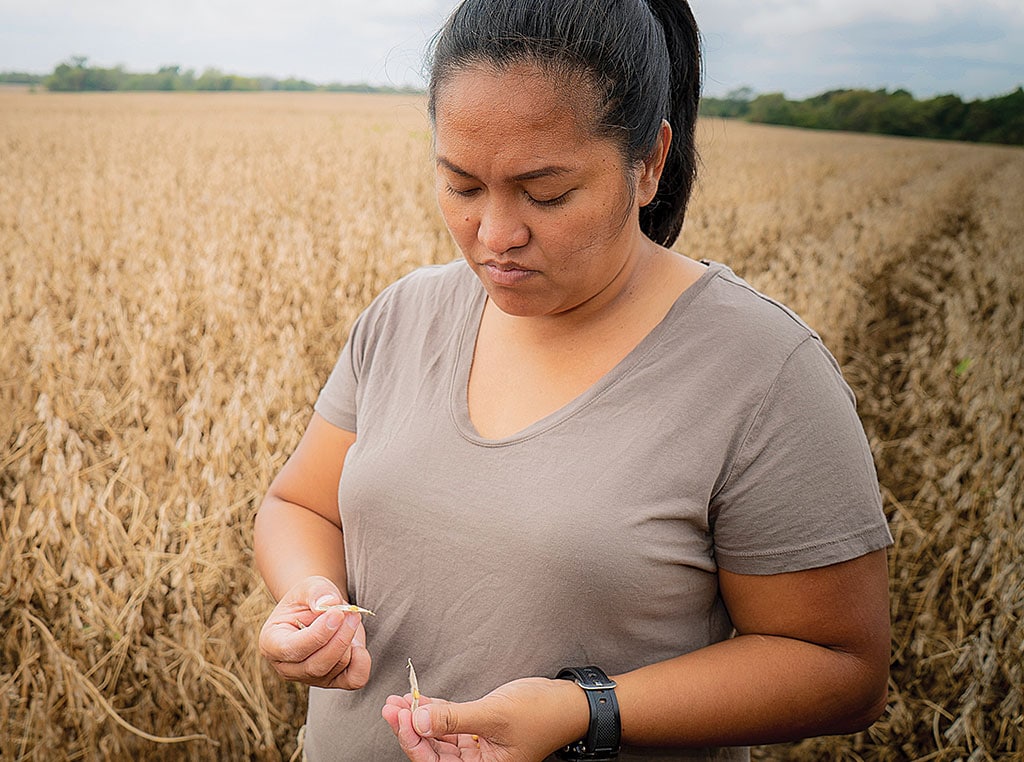Specialty/Niche February 01, 2022
The Soil and the Soul
Elizabeth DeRuff’s ministry is rooted in farming.
Divine inspiration strikes in all sorts of ways and all sorts of places. For Rev. Elizabeth DeRuff, an ordained Episcopal priest who describes herself as an agricultural chaplain, a field of wheat is a perfect place to connect with God.
At a California family camp where she served as chaplain and dean, DeRuff met a woman in 2003 who declined communion because of her bread allergy. That prompted DeRuff to begin exploring the connections among land, health, regeneration, and wheat.
"I realized that was my calling," she says reflectively. "I'd become so interested in the tie between the Church and wheat and Jesus. Why did Jesus choose bread in which to be remembered?"
Deep dive. DeRuff traveled to England to learn about agricultural ministries and farm-based therapy there, and visited church-oriented farms across the U.S. She also dove deep into the world of heritage grain.

Above. DeRuff dreams of land where Honoré can establish a regenerative wheat farm and bakery to help people connect, learn, and heal. Right Rev. Elizabeth DeRuff's sourdough loaf made from Sonora and Red Fife flours is a staple of her ministry.
In 2014, DeRuff planted her first wheat crop on the camp's property near Healdsburg, California. She distributed the harvest to churches and developed her vision into Honoré Farm and Mill, a non-profit named after the 7th century patron saint of bakers and flour merchants. Today, several northern California farmers host her plots.
Honoré invites one or two dozen volunteers at a time to lovingly tend the wheat. DeRuff likes plots that are less than a quarter acre, which provide a solid morning's worth of work as worship. Volunteers plant by hand, weed the rows, harvest with scythes, and run the crop through a bundle thresher. There's an opening circle and, of course, they break bread.
"It's the liturgy of the Word and the liturgy of the table, just like a service would have," DeRuff says. Participants come from a wide range of backgrounds, she notes.
"They're people who long to express their spirituality," she says. "It's not about denomination or faith tradition. We all have that spiritual core, the universal qualities of our religious traditions that transcend all traditions."
The varieties transcend traditions, too. Honoré grows Sonora, planted by Spanish padres; Karun from Mesopotamia; and Hourani, a variety found in the ruins of Masada, the ancient Jewish fortress.
Stone mill. After threshing, the grain is ground in Honoré's trailer-mounted stone mill, which the group hauled to Austin, Texas, in 2018 to provide the communion bread for the General Convention of the Episcopal Church.
Honoré sells bags of flour from the mill online to fund its efforts. The organization also sells its flour through year-long community supported agriculture (CSA) memberships. Every three months, individual bakers receive 12 pounds of flour; quarterly church CSA shares get 14 pounds.
Honoré also sends a handful of seeds to each CSA church, asking congregations to bless them and send them back for the next crop.
Community. Church CSA deliveries have sparked new connections within congregations.
"This process of bringing the flour to the churches means the bakers have to come to the church, pick up the flour, and they either bake it together or they take it home and bake it," DeRuff says.
Of course, that's what makes wheat so special, she points out.
"Our flour is tied to the farmer, and the farmer is tied to our miller, and our miller is tied to all the church bakers," the agriculture chaplain says. "Wheat requires community. I love that about it." ‡
Read More

RURAL LIVING, SPECIALTY/NICHE
Berry Happily Ever After
A strawberry farming dream come true.


